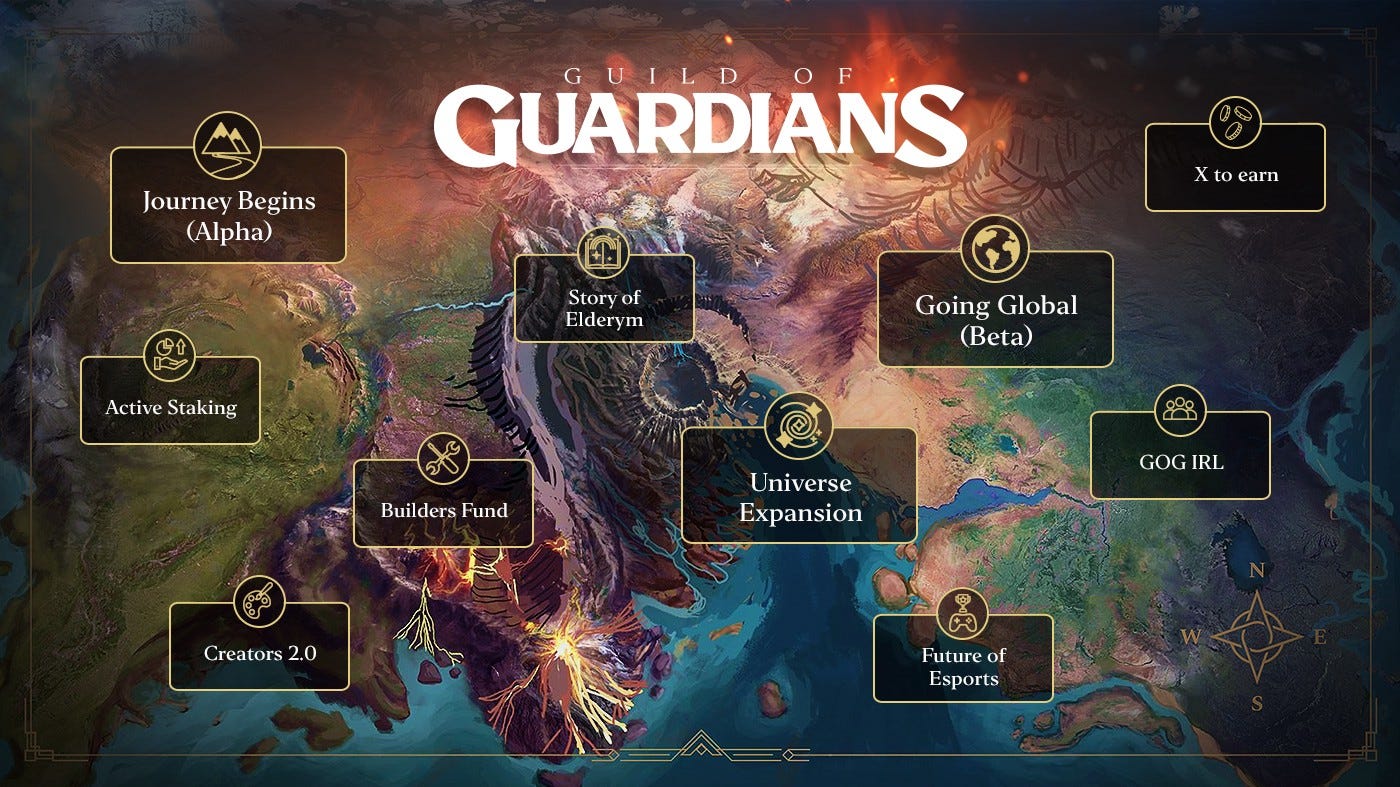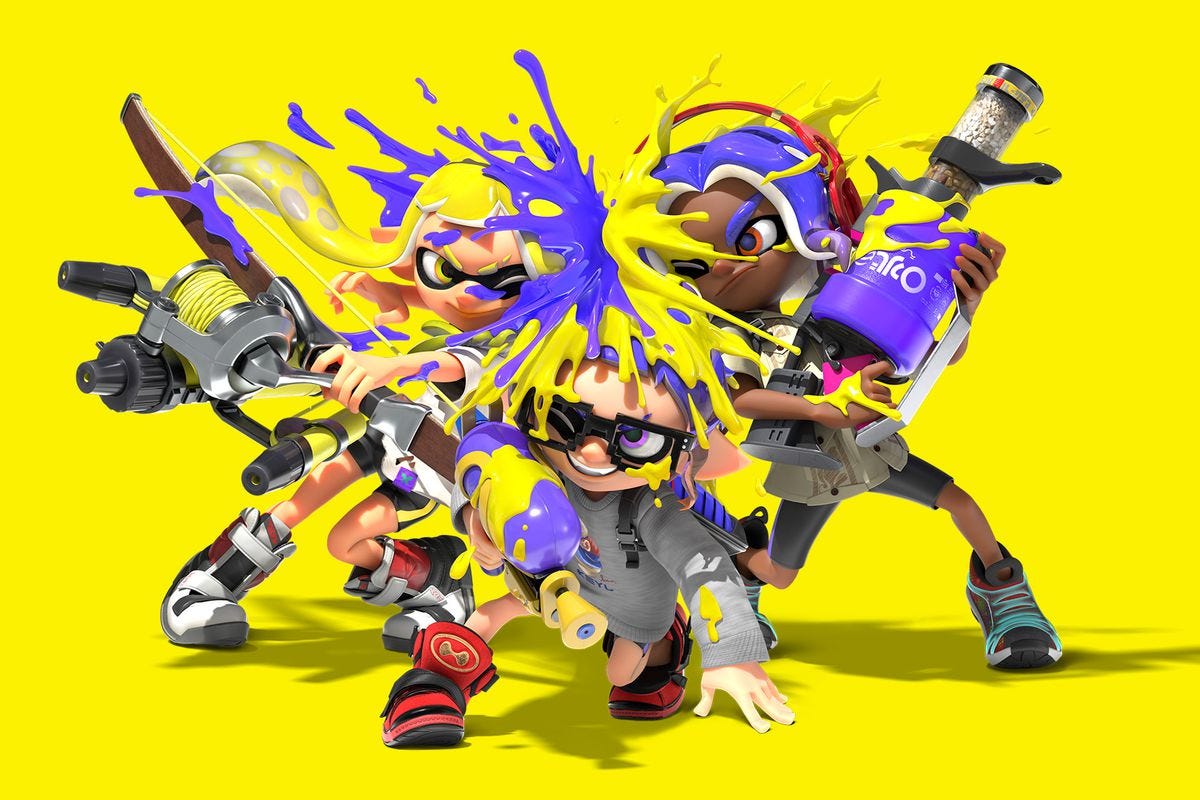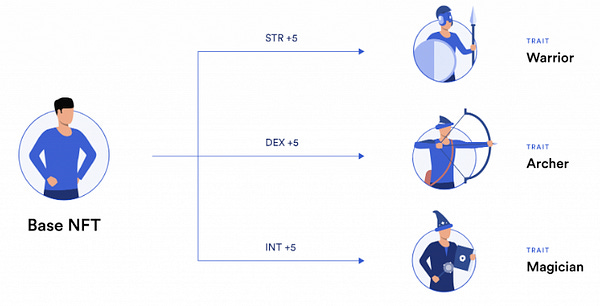Digital Scarcity, Square Enix Continues to Embrace Blockchain & Over $9 billion Invested
Big News
Roblox and PlayStation: Digital Collectibles without the Blockchain
NFTs continue to receive backlash in the traditional gaming space although they provide a solution to creating scare digital items aka virtual goods in an open economy. Despite this, Roblox continues to design their closed virtual economy.
Roblox recently announced that they will be introducing a “next generation marketplace” where players can trade and resell their digital items, as well as allowing creators to control the scarcity of these items.

It doesn’t stop there, PlayStation are rolling out their new loyalty program PlayStation Stars, where players will be able to earn digital collectibles. These will be “provided as a way to commemorate past activities, achievements, or product ownership.” These collectibles will also range in rarity, “just like the actual products on which they are based or the effort required to earn them.”

Digital scarcity is a fascinating topic, especially in a world where virtual economies are coming to shape our options and influence our choices in much the same way as conventional, real-life economies do. Since digital items cost nothing to copy, they are not inherently scarce.
In closed systems, it is much easier to control the scarcity of a digital item. In open systems, only blockchain tech at present allows for digital items to become virtual goods (NFTs), which are scarce and therefore would tend to preserve market value. In turn, a virtual economy is created – based on scarce digital resources.
“In many cases, the primary purpose of a virtual economy is not even to earn rev- enues directly, but something more subtle yet equally powerful: to attract, hold, and manage attention; to reward referrals and incentivize contributions; to allocate resources; to lock users into a platform or to guide them around it.”
– ‘Virtual Economies: Design & Analysis’ by Edward Castronova and Vili Lehdonvirta
Knowing this, it becomes transparent that in the case of Roblox the intention is most probably to continue locking users into a closed virtual economy of their design.
Guild of Guardians Release V2 Roadmap
Guild of Guardians revealed their V2 Roadmap for the first time on September 7th, revealing an entire gaming universe to come.
The game is one of the most anticipated in the Web3 space, boasting over 300k early pre-registrations, as well as a proven track record of conviction amongst both the player community and investors – the team raised $24m in NFT sales and $200m in their Series C.
A few highlights on their journey thus far:
More than doubled their team members count.
Partnerships with Ubisoft, NRG Esports and The Sandbox to name a few.
$1m+ given away in community rewards to date.
Launched multiple game demos where they received “overwhelmingly positive and constructive feedback and metrics to help [them] improve the game for a diverse audience.”
Little News
Square Enix Continues to Embrace Blockchain
Square Enix joins global gaming companies Ubisoft and Sega as the final of 21 initial node validators for the Oasys blockchain network. As part of this initiative, Square Enix and Oasys will explore the development of new blockchain games.
The Final Fantasy publisher announced earlier this year that exploring blockchain tech and tokenised economies would be a “major strategic theme” going forward.
In April, Square Enix established a Blockchain Entertainment Business division in April, and in May said that it was "accelerating" its investment in its "focus fields" – including blockchain, AI and cloud-based services.
Splatoon 3 Hits All Time High Sales Record in Japan
Surpassed 3.45 million domestic sales for Nintendo Switch in first 3 days – more than any other game ever.
Splatoon 3 sold more in the same time span than Animal Crossing New Horizons for Switch, the previous fastest selling Switch game in Japan, and Pokémon Black & White, the previous fastest selling game of all time in Japan.
Over $9 billion invested into Blockchain Gaming & Metaverse
In 2021, investments into blockchain gaming totalled to $4 billion.
In 2022, investments total to almost $7 billion.
If current trends continue, the figure is expected to reach $10.2 billion by 2022.
Dynamic NFTs: Programmable Utility
A dynamic NFT is an NFT that can change based on external conditions. Changes to the NFT metadata are encoded in the smart contract that updates when predefined conditions are met.
This opens up infinite possibilities for their programmed utility. Below is an example for gaming.






